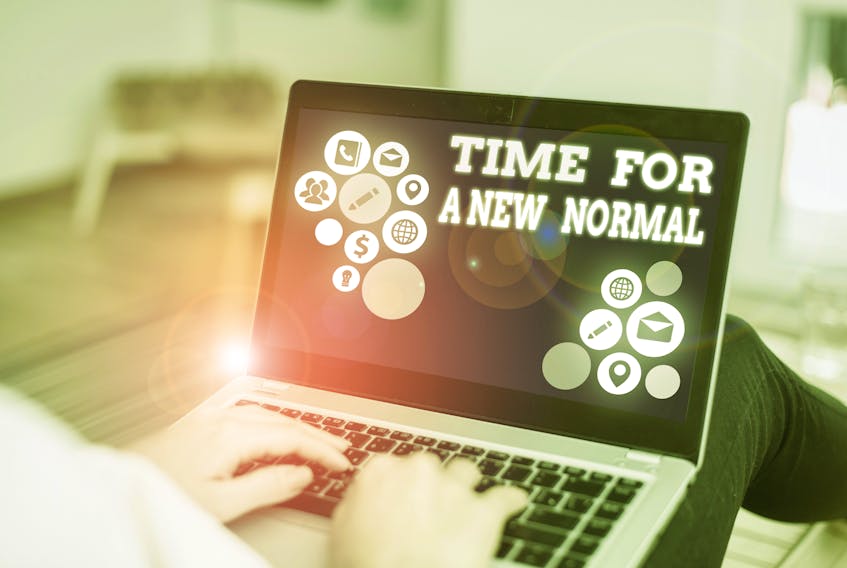Over the past few weeks, there has been a definite shift in the tone of COVID-19 media briefings across this region.
With the announcements that two more vaccines have been approved for use in Canada, an extra 1.5 million doses of the Pfizer vaccine due later this month, and the decision by authorities to delay the second dose by up to four months after the initial dose, there is a real sense of hope that most Canadians who want the vaccine will be able to have their first dose by early summer. Politicians are already beginning to talk about people being able to return to their normal routines. While it will be wonderful to see restrictions lifted, we should seriously think about what this "normal" will look like - and if we want to go back to the way things were before.
Many of us are aware of the inequalities that exist in our society, but the pandemic has cleared away the fog that shrouded it from many Canadians and shone a glaring light on the problems. Everyone has felt the impact of this virus, but those who are poor or considered low-wage earners have felt it more acutely.
While large companies such as Costco are releasing information on their profits over this time, small businesses - the backbone of our economy - are struggling to just remain solvent. Many will fail to do so.
The ultra-rich in our society have experienced little economic impact, while many others have had to dig into their savings just to get by.
The social impacts have been even more severe. While most of us have experienced the impacts of anxiety and isolation, those who live with mental health and addiction issues have had their lives and coping strategies severely disrupted.
Whereas much of the population has been able to turn to online platforms such as Zoom to stay connected and work, such avenues are denied to many who are poor because they either do not have the devices to access these resources or do not have internet access needed to use them. The places in the community they may have been able to access these services are closed or highly restricted due to the pandemic, meaning they are often left alone to cope.
We can see the impacts this has had. Food banks are reporting an increase in clientele, often among people who have never used it before. Overdose deaths are up across the country as people living with addictions are unable to access services and a safe supply of drugs. Groups working with women at risk of violence are reporting an increase in women experiencing violence within their relationships, and the pandemic has created barriers to getting help.
This is not to say that groups helping people have failed to adapt and help as they can; it means that despite the great work they have done to reach out to those in need, the negative impacts have still fallen most harshly on those they work with.
As we rebuild our economies once it is safer, we would do well to consider if we have learned some of the harsh lessons of this pandemic. What is essential for the continued health of our society and how do we adequately compensate those who provide these services? What is needed for all citizens to be able to function and thrive and how do we ensure they have these basics? Is everyone paying their fair share to keep our society functioning?
If we just go back to the pre-COVID normal, we'll be left with the same underlying problems, which have become more severe. Now that most of us have had at least a little taste of what that might feel like, can we live with ourselves if we just go back to the old "normal"?
Brian Hodder works in the field of mental health and addictions. He can be reached at [email protected]









